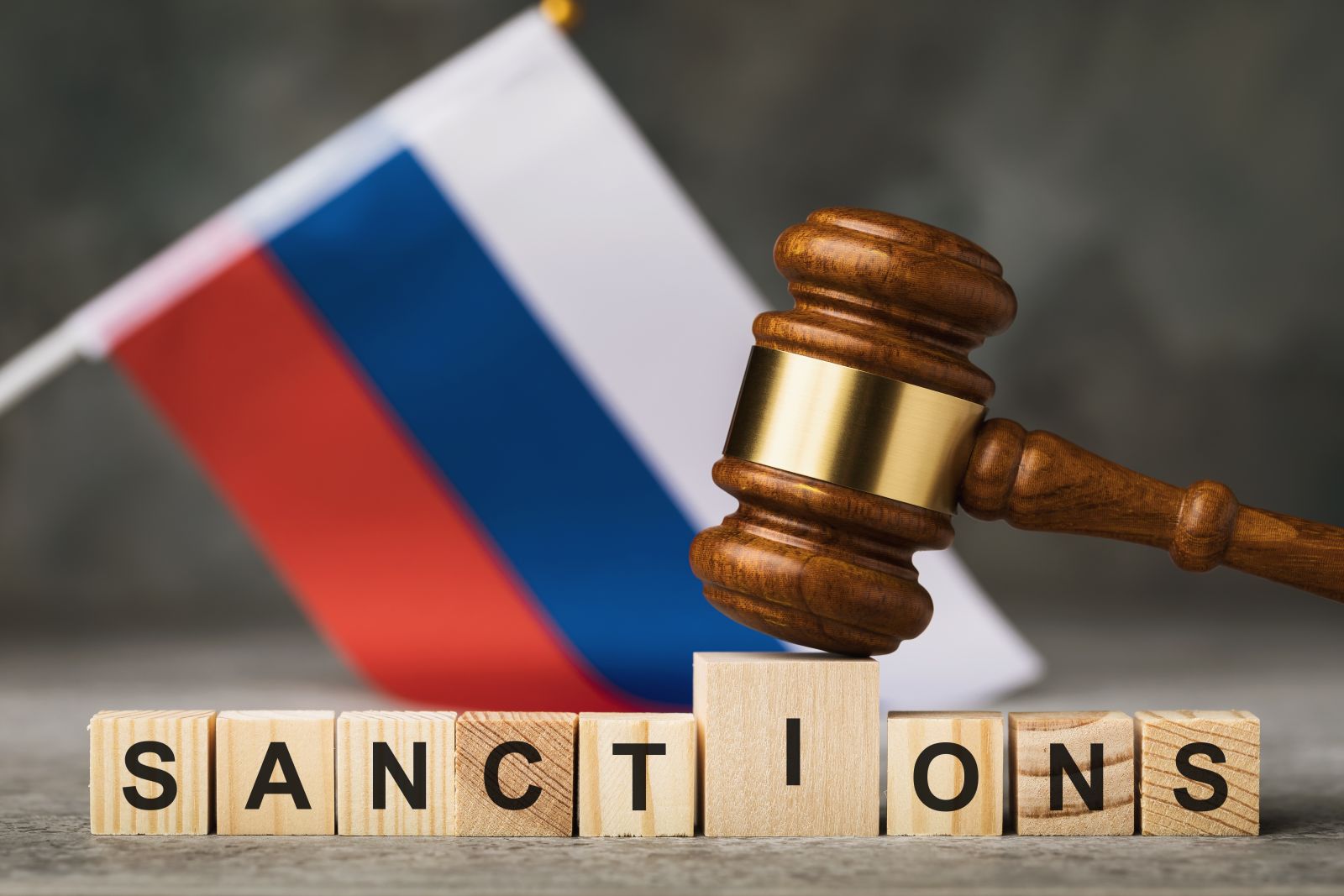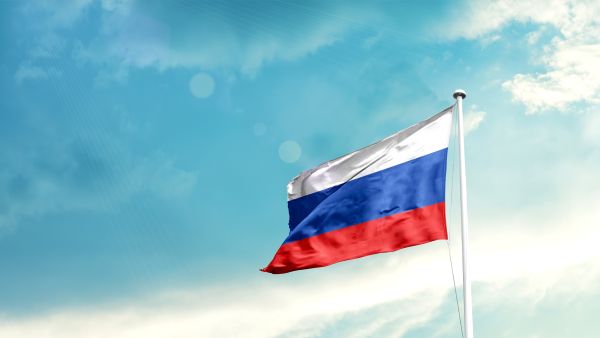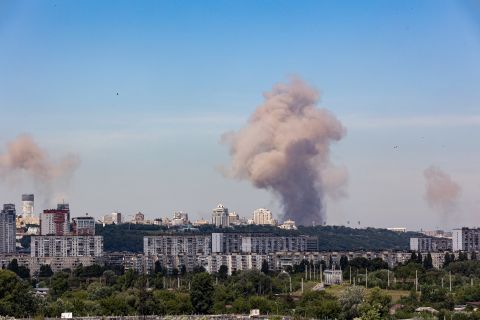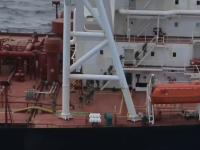ALBAWABA – Russia’s economy faced thousands of sanctions since the Ukraine war began in 2022. Despite the ongoing sanctions and measures affecting the country, Russia’s economy continues to grow.
Russia’s ongoing sanctions on economy
Daleep Singh, Deputy National Security Advisor of the United States, anticipated that Russia’s economy would decline; however, the country recorded a 3% growth in 2024, according to the International Monetary Fund.
Singh stated: "I don't think anybody should mistake Russia's rebound with resilience. On the surface, Russia's economy may appear to be a fortress, but underneath the foundations are fragile."
It is worth noting that Russian President Vladimir Putin spent more money on the war that caused inflation to increase by 9% and interest rates by almost 19%.
Following the invasion of Ukraine, 45 countries imposed over 5,000 sanctions on Russia. Additionally, the US blocked the Russian central bank's access to $300 billion.

US currently pays Russia approximately $1 billion each year for enriched uranium, which fuels its 94 nuclear reactors and provides energy for the country. (Shutterstock)
The Group of Seven (G7), an intergovernmental political and economic forum that includes Canada, France, Germany, Italy, Japan, the United Kingdom, and the United States, imposed a price cap of $60 per barrel on all Russian crude oil.
Russia’s oil revenues
Despite the imposed sanction, the world’s largest oil producer, recorded an increase of nearly 2.6% to $240 billion in oil and gas. Most of the oil exported from Russia is headed to China or India. Since the invasion of Ukraine, India's imports of Russian crude oil surged by over 2,000%.
The Russian government successfully managed to avoid the price cap by using the dark fleet, tankers that engage in dark activities, such as disabling their AIS, or using deceptive shipping practices – like GNSS manipulation, ID and location tampering – to transport crude oil, chemicals, and other wet cargo.
Daleep Singh added: “Stopping the dark fleet requires identifying the vessels and making it known that they're subject to sanctions. What we're trying to balance right now is to continue to move the global oil market into balance, to continue to have a downward movement in the level of inflation across the world, and to sustain unity. This is about...stamina more so than it is about shock and awe."
Russia’s uranium and overall businesses
Notably, the US purchases quarter of its enriched uranium from Russia, according to the US Energy Information Administration.
Under a 20-year agreement signed in 1993, the US currently pays Russia approximately $1 billion each year for enriched uranium, which fuels its 94 nuclear reactors and provides energy for the country.
It is worth mentioning that local companies in Russia stepped in to replace international and western firms that exited the market. For example, Stars Coffee took the place of Starbucks, Maag replaced Zara, and Dobry Cola took over from Coca-Cola.
Richard Connolly, an associate fellow at the Royal United Services Institute in London and a specialist on the Russian economy, said: “Evading sanctions has become a business sector of its own in Russia. The number of small- and medium-sized businesses registered in Russia is at an all-time high. Before the war, Russia wasn't investing enough, Connolly said. Since the war began and sanctions were put into place, the economic trajectory has changed. It's the fastest Russia's economy has grown for a consecutive period in over a decade.”











